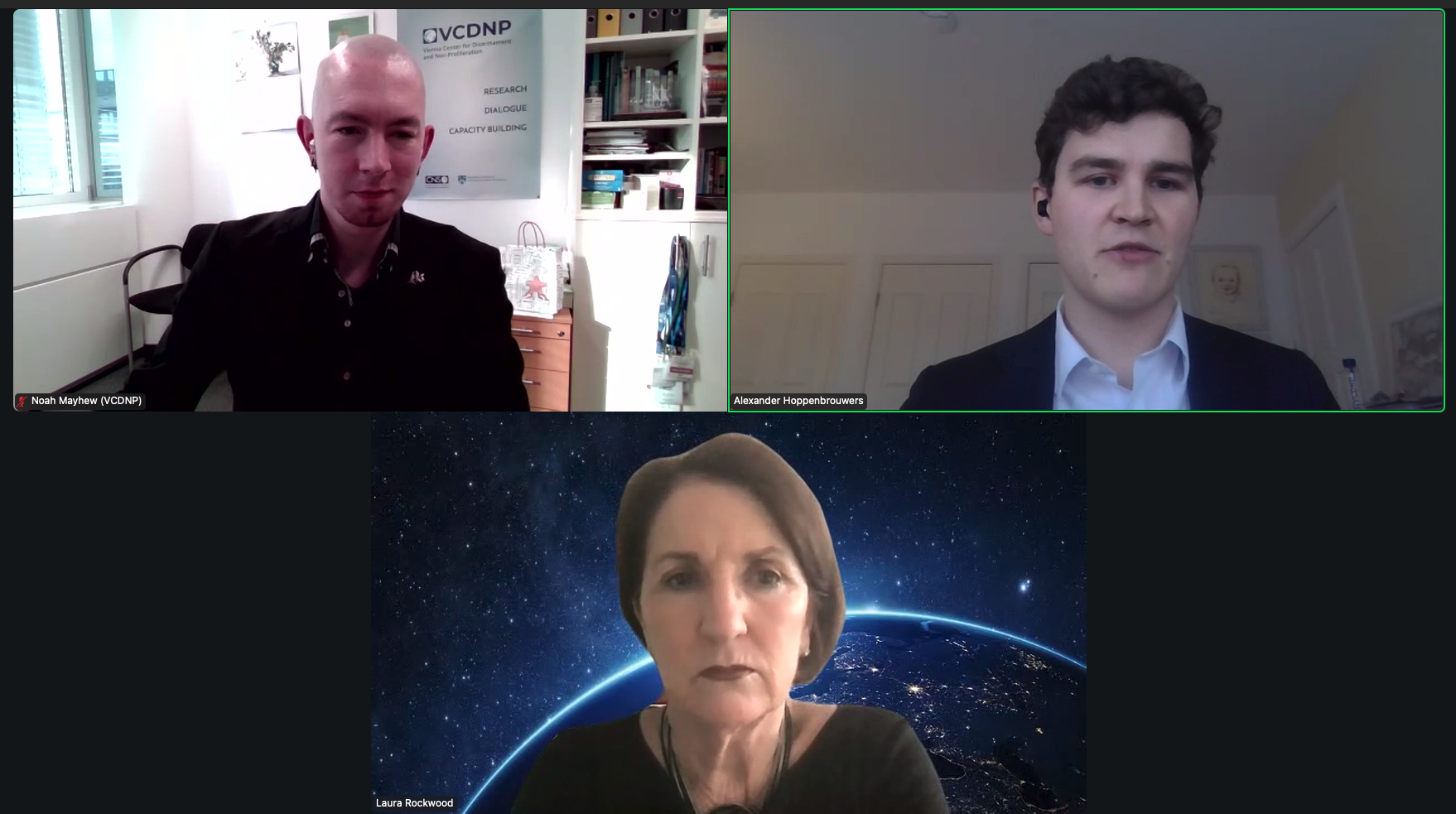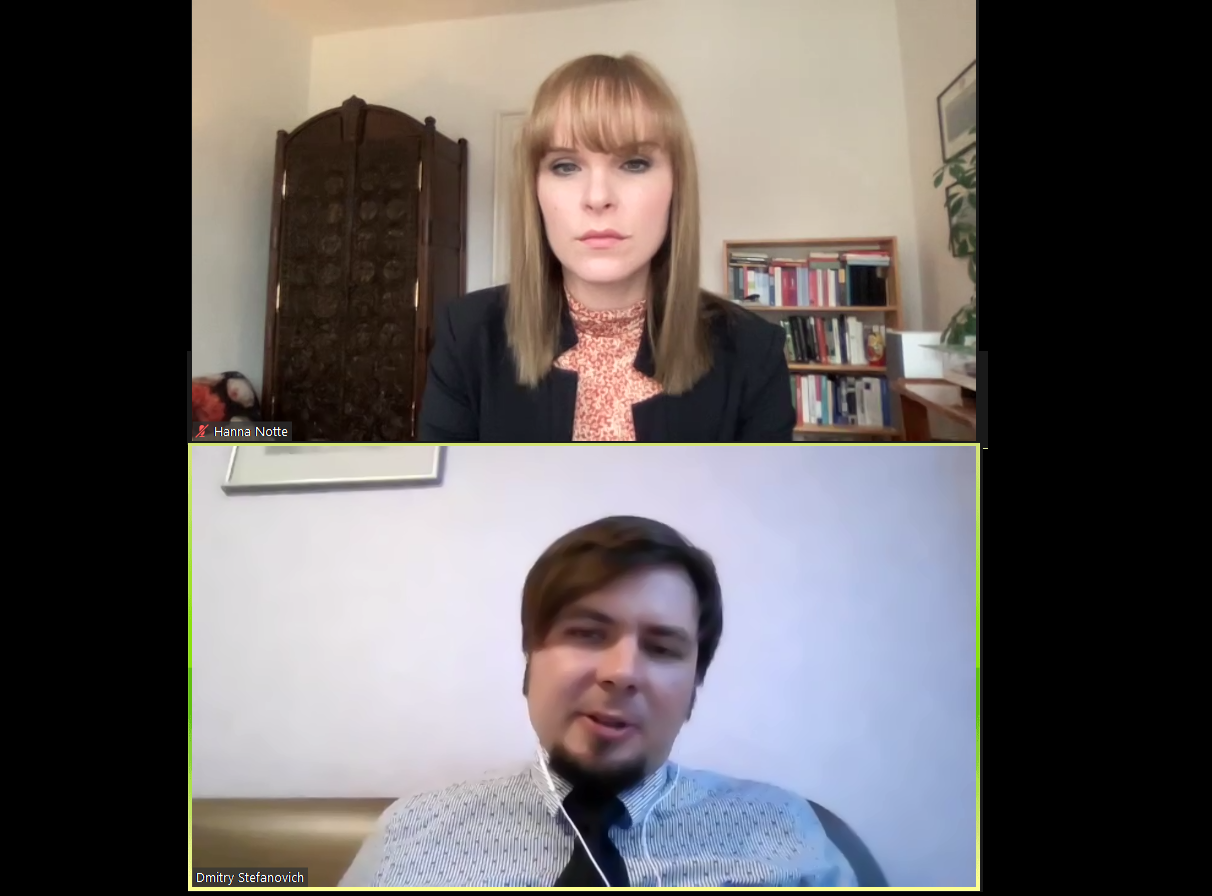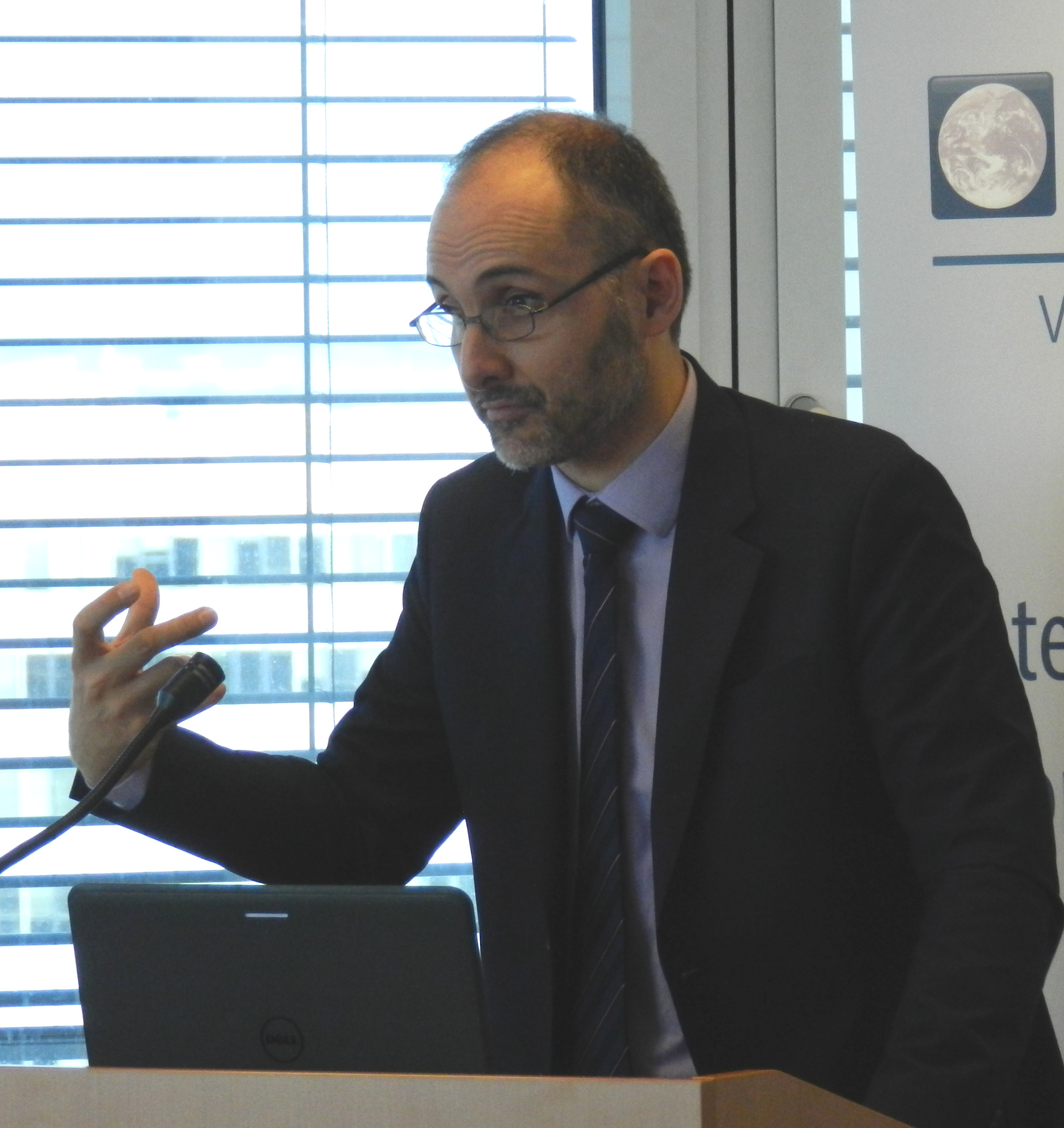
On 7 February 2025, the VCDNP hosted a webinar entitled "Nuclear-Powered Submarines and Non-Proliferation: Technical Considerations for an Article 14 Arrangement". During the webinar, former VCDNP Research Intern Alexander Hoppenbrouwers shared findings from his research on the technical implications of naval nuclear propulsion for non-proliferation. The presentation was followed by commentary from VCDNP Senior Fellow Laura Rockwood. The event was moderated by VCDNP Senior Research Associate Noah Mayhew.
The salience of naval nuclear propulsion in the nuclear non-proliferation community has increased significantly in recent years. The Treaty on the Non-Proliferation of Nuclear Weapons (NPT) does not prohibit non-nuclear-weapon States from acquiring and operating nuclear-powered submarines. However, the military nature of these submarines complicates safeguards implementation. Paragraph 14 of INFCIRC/153 – which informs the structure and content of comprehensive safeguards agreements under the NPT – provides for the non-application of routine safeguards activities in non-proscribed military activities, including naval nuclear propulsion. However, to date, no State has concluded an arrangement under paragraph 14 (Article 14 in most States safeguards agreements).
Mr. Hoppenbrouwers' research examined two critical questions: (1) how does Article 14 apply to naval nuclear propulsion, and what qualifies as a non-proscribed military use; and (2) which technical factors impact verification and diversion risks? He analysed fuel type and enrichment levels, fuel element design, domestic nuclear infrastructure, and submarine design choices that affect the ability to verify nuclear material use. He also discussed emerging verification techniques, highlighting the challenge of maintaining effective safeguards while respecting military classification concerns.
Alexander Hoppenbrouwers completed a research internship at the VCDNP between March and October 2024. Previously, he served as a trainee at the European Union Delegation in Geneva and worked as an intern at the Security Policy Department of the Dutch Ministry of Foreign Affairs. He holds a master’s degree in International Security with a specialisation in Diplomacy and Middle East Studies from Sciences Po Paris.
This webinar was made possible thanks to the generous support of the Carnegie Corporation of New York.



